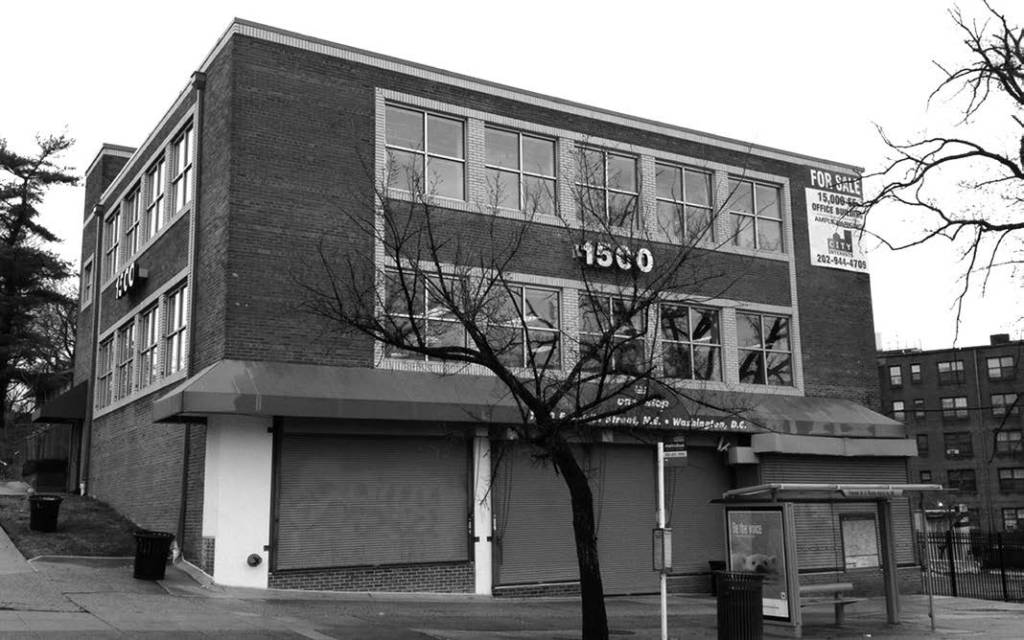The Department of Veterans Affairs will open its Community Resource and Referral Center on April 2 near Rhode Island Avenue in Northeast D.C.
The center, one of 17 that the VA is opening around the country, is meant to be the most comprehensive source for the needs of homeless and at risk veterans, Fuad Issa, the center’s medical director, said. The building, located at 1500 Franklin Street NE, will be open around the clock. It is intended to serve as a one-stop shop, offering veterans assistance in a variety of areas.
“We don’t just want to provide them with immediate needs like a shower or a hot meal, but with medical needs, psychiatric and addiction needs, housing needs, job services, coaching, vocational training — all of that, together, in one place,” Issa said.
But of all the services the VA will offer, it is putting housing first.“It used to be that in order to get our services you had to pass through all of [these requirements] — show us a commitment, take your medications every day, be clean from alcohol or drugs for so many days — and if you do all of that, then we will work with you,” Issa said. “But the data was overwhelming that it really does not matter. If you get a person a house, the changes will follow.”
The VA is hoping that housing will be the gateway to all other services that the center provide. The holistic model will combine services that one would not usually expect under the same roof.
Veterans can go to the teaching kitchen and take cooking classes, then go down the hall to an exam room for a doctor’s visit. Or they can go into the computer lab to check their email before taking a class on finance and budgeting. The building in which the center will be housed will be completely remodeled by the time it opens. Contractors, many of whom are veterans, have replaced walls, wiring and even the sewage system. A lot of materials have been recycled in the construction, Issa said, and the center will attempt to be LEED certified.
What the building will not be is a shelter, soup kitchen or emergency room. However, Issa hopes that the VA can meet other social needs with which those places can often be burdened.
The center is currently looking to get involved with community organizations and federal agencies in order to succeed in meeting the needs of homeless and at-risk veterans.
“One of the most important things for this center is that we recognize that we cannot do it all,” Issa said.
Although the medical director believes that the all-in-one approach the center will use is the best model to provide services, his biggest fear is that veterans will not find the center as helpful as he predicts.
“Does the veteran prefer this model?” Issa asked. “And this is very important, because you see this a lot, especially in health care, where somebody thinks,‘Oh, hey, this is a great model; we’re going to set it up,’ and it turns out that the patients didn’t like it.”
Regardless of the model, the center is trying to communicate one message to veterans: “We are here to serve you,” Issa said. “You have basically risked your life for us; the least we can do is serve you. We want you to come and work with us, and we’ll do anything we can to help.”




